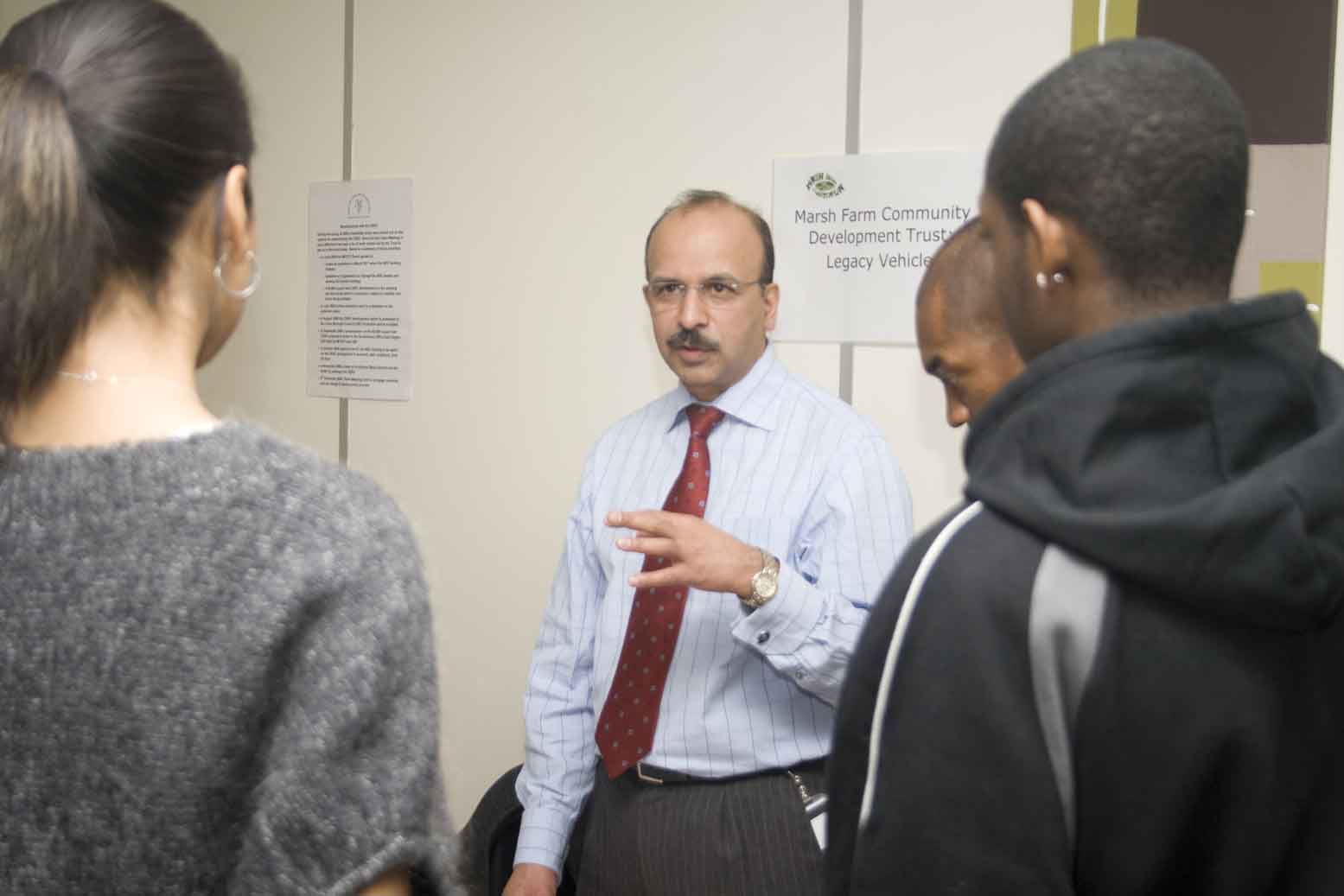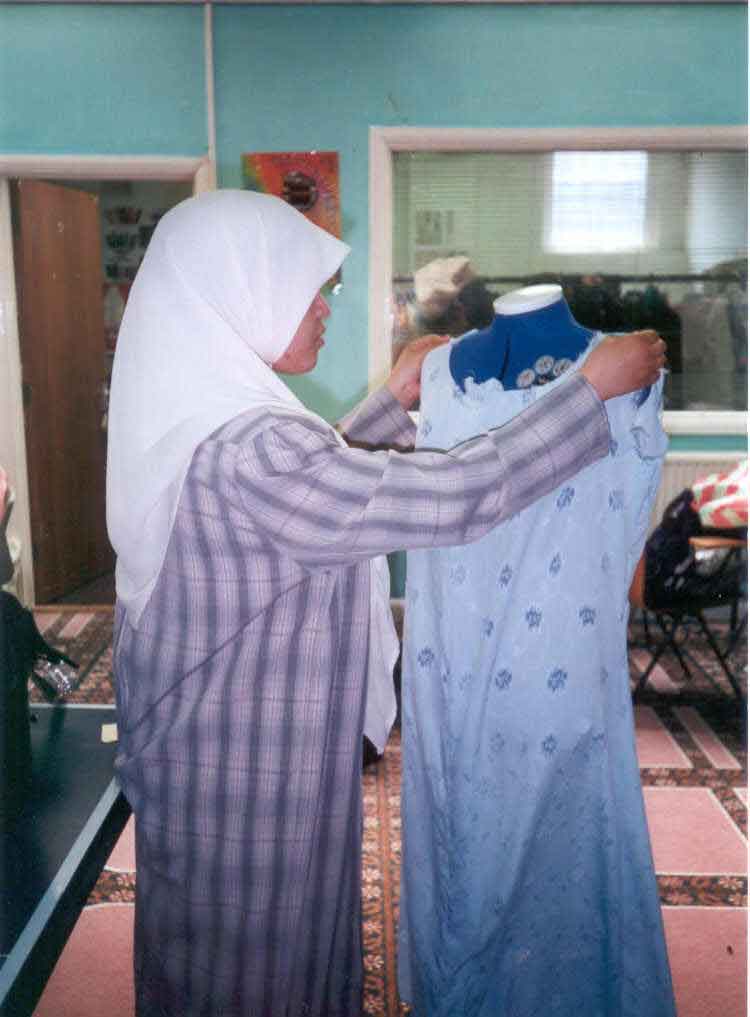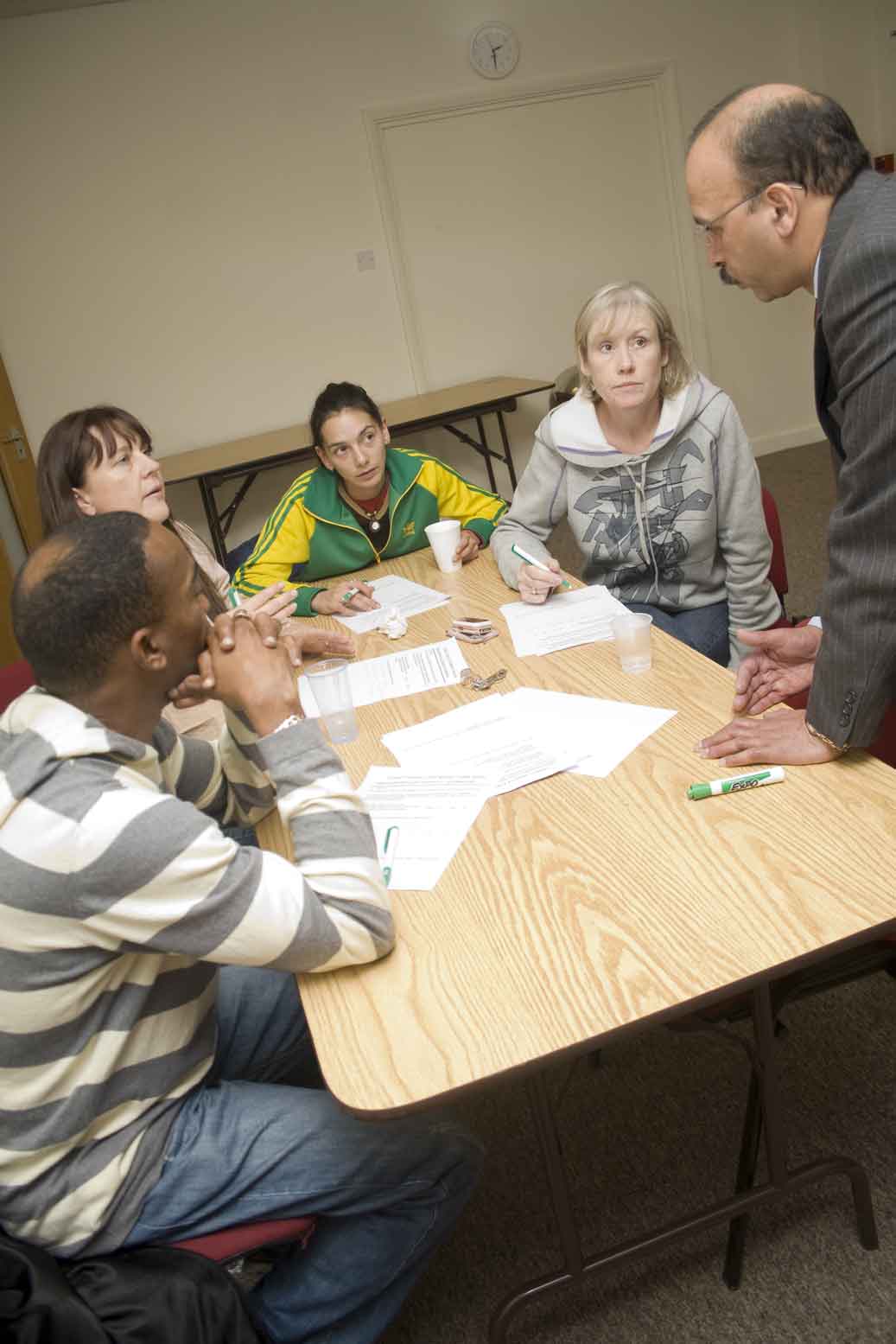|
Vocational Training-Bromley by Bow
A 'centre' was set up to develop, coordinate and expand a range of NVQ courses initially based on existing areas of expertise which included; childcare, care, health, education, ESOL and catering skills. Building on past experience the project developed close links with local employers and ran courses linked to local jobs. It also provided training in the skills required, particularly health and social services. The project was linked to the London Borough of Tower Hamlets 'Modern Apprenticeships Programme' in conjunction with Regional Training organisation. The primary aim was to offer employed status training and opportunities up to NVQ level III. The trainees were supported with a programme of mentoring run through the local regeneration programmes. Overall the project provided 156 training places with recognised qualifications and also provided 2574 training weeks including jobs for 48 people of whom 43 were previously unemployed.
Supplementary School

A feasibility study was undertaken with the aims of consulting all potential stakeholders (such as local residents, tenants associations, local businesses, community and voluntary groups, statutory bodies, educational institutions) to create a sustainable community space for afterschool provision. A steering group was established to promote sustainable activities, addressing social inclusion, community participation and life-long learning. This flexible space was eventually created to provide; conference and meeting space; office space- including space for the neighbourhood management; community ICT facilities, distance learning facilities, adult education; after school services and family learning programmes; programmes enabling the participants to gain nationally accredited qualifications; childcare and creche facilities; income generating activities such as exhibitions, music, theatre and food; self help and advocacy provision for people with disabilities and mental health needs; advice, guidance and referral/bridge services
BME and Refugee Training

A research programme in the N4 area of London found that refugees and asylum seekers had high levels of qualifications and many had the skills that were needed in the local and national labour market. Despite this they had extremely high levels of unemployment (even higher then those for more settled black and ethnic minority communities). We found that there were a number of barriers to the full involvement of refugees and asylum seekers in the labour market. A programme of activity was developed to remove many of these barriers, e.g. lack of IT skills, knowledge about job search techniques in the UK, problems with language and lack of quality advice about requalification. Through a system of referrals to local and specialist provision the programme also established a range of pathways in to employment, self-employment and further education for a wide group of beneficiaries from this area. The other areas addressed within the programme included the provision of lifelong learning including transferable skills in IT, numeracy and literacy; provision of nationally recognised and marketable qualifications (e.g. OCR, CLAIT 'Computer Literacy And Information Technology'); promotion of access to further and higher education for refugees and asylum seekers promoting self-confidence and personal development.
Employment Links Brokerage

We were commissioned to develop and mange a project which specifically targeted areas experiencing a high concentration of need where residents had traditionally faced exclusion and isolation from support and guidance services. The project was a locally based project targeting residents from local authority housing estates. The project assisted residents overcome barriers to Employment and enter labour market and access additional training or further education. The project worked by; actively seeking unadvertised/advertised employer vacancies (private, public, voluntary sector) which met the existing skills profile of resident. The project also channelled residents into training which provided them with the skills to meet the needs of new, emerging and existing industries. There were also other areas of work, e.g. one to one advice sessions and action plans for clients regarding their training and employment needs, seminars/workshops on development of social skills, outreach on local authority housing estates-door knocking. The project actively bridged the gap between employer vacancies and skills gaps and the needs of local unemployed residents. |
